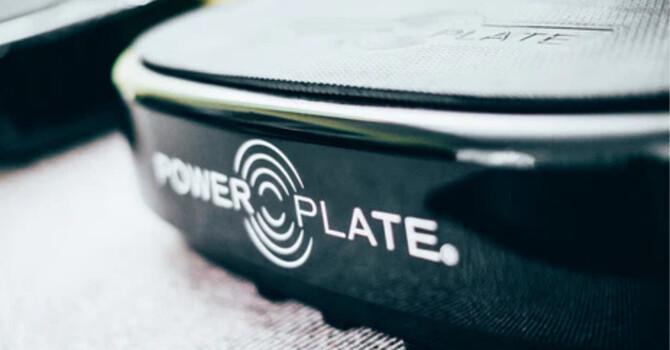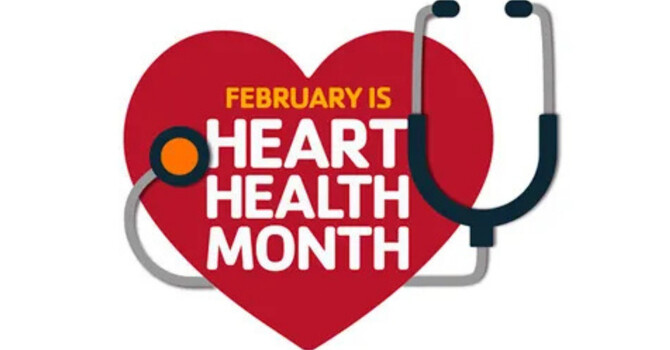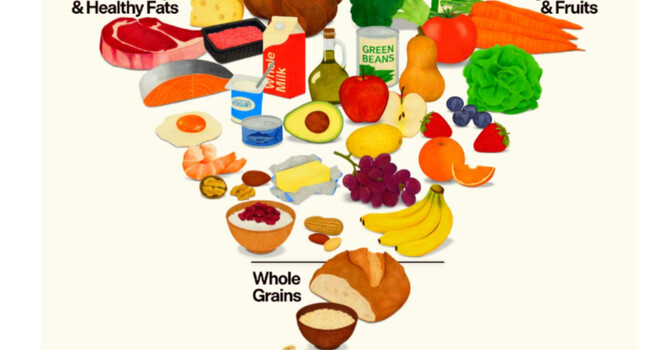
Playing through injuries in season is tough. Most adults grew up in times when the sage advice was to get tough, rub dirt on it and play through the pain. Is that actually the standard of care we should still subscribe to?
As an example, let's consider pro-athletes. These are people who are paid to play sports 100% of the time. They don’t work 40 hour office jobs and train on the side. They are paid to perform.
Many of these athletes have access to nutrition coaches to optimize their nutrition, medical staff (ATCs, MDs, PTs, DCs) to manage their injuries, and strength and conditioning professionals to get their bodies ready in the off-season to handle the demands of their sport.
These paid athletes have a season where they actively perform their sport (3 months, 6 months, etc) and they also have an OFF-season where they recover from injuries, focus on strength, endurance, and allow their bodies to recover from in-season demands to be better prepared for the next season.
When a pro-athlete is injured - they may miss multiple weeks during their season (how many fantasy football studs are currently in your IR spots right now?) while their paid experts (nutrition coaches, PTs, chiros, MDs, massage therapists, etc) manage their recovery and get them back as fast as possible. Contrast that against how we manage weekend warrior injuries or high school injuries…
In the weekend warrior, we work 40 hour/week jobs, manage families and train on the side - early mornings before work, over lunch or while the kids are at practice, etc. Nutrition may or may not be a focus - whatever is convenient for the rest of the family and around kids activities. Sleep (optimal is +7 hours/night) is often lacking. Stress management? Strength training specific to their support may be an afterthought or neglected entirely. Recovery (active rest, mobility, massage, injury management) is also commonly neglected or a luxury. What about “off season” training around your weak areas? The stuff you do when you’re not in season to better prepare you for next year's marathons, Ironmans, cycling, swimming, weightlifting, etc?
High school athletes are more commonly in two different buckets: they either play one single sport year round with little/no time off, or they play multiple sports year round, and have limited time off between seasons to focus on strength and conditioning or injury management/recovery. Like the weekend warrior above, nutrition, sleep, strength and conditioning & recovery strategies are DIY and often not properly managed.
Normal tissue healing time takes a minimum of 2-4 weeks. That is the normal time for the inflammatory process to do its job and repair you. Pending severity, this may take longer. Establishing normal expectations is important - you can’t get around the science of how the body heals itself.
Some common misconceptions around injury management and recovery:
- NSAIDs: most commonly taken to limit inflammation and improve recovery: NSAID’s are anti-inflammatories. They slow down inflammation. Inflammation is your body's natural response to injury and is what heals our ouchies - this is a good thing, not a bad thing. Taking NSAID’s will blunt your natural repair process, and it will slow injury healing. I will repeat that so its clear: taking NSAIDs to limit inflammation is handcuffing your body's normal repair process - this will delay soft tissue injury healing and repair process by slowing down the inflammatory cascade. You would be better served by optimizing your body's natural repair processes: good diet, adequate protein, sleep, stress management, and supplements to aid the body's immune system.
- Heat & ice: their ability to speed recovery is negligible. Like maybe +/- 1% in terms of speeding (or slowing…) injury recovery. Psychologically, if you feel better by putting ice or heat on your ouchie - cool, do that thing if it psychologically makes you feel better. But that’s it. That’s all it's doing for you. It is not speeding repair or helping you recover in any documented way. Heat/ice are not limiting inflammation. They are not a long term solution to your problem.
- Nutrition: 100% essential for performance and recovery and vastly underappreciated. During injury repair, up to 30% more protein is generally recommended for tissue healing. Plus appropriate calorie intake during the season to properly fuel the athlete.
- Sleep: almost completely overlooked and essential to recovery from the demands of training and recovery. Most people don’t get enough quality sleep. This limits performance and gains and can slow injury recovery. Quality is important. That means limiting screen time, stimulants, and stressors before bedtime.
- Training volume: in-season vs. out-of-season training volume matters - sports specific practice as well as strength & conditioning. Active rest times matter (days off, no training allowed, emphasis on recovery, sleep, stress management, etc). When athletes are depleted (mentally/physically), when their nutrition is off, when injuries pile up, when they’re not hitting numbers in their S&C programs, when they just feel “off” - those are good signs that they need rest & refocus, not to just keep pushing through a wall.
Our goal at BIL is always to get our patients/athletes back on the field as quickly AND safely as possible. It's difficult to tell an athlete in season that they need to take 2-6 weeks off to safely get back to their sport. Sometimes it is OK to play through an injury - but we have to also accept that we’re not going to be at 100%, and at some point REST & RECOVERY are required before they jump into the next sport or season.
Realistically, we need to keep in mind how we handle pro-athletes injuries and manage our expectations accordingly when we communicate with weekend warriors and high-school athletes. The injuries are the same. The healing and repair times are the same. But somehow our expectations of a pro-athlete taking 4 weeks off in season for an ankle/back/knee/shoulder injury differ wildly from a non-paid athlete doing the same thing.



